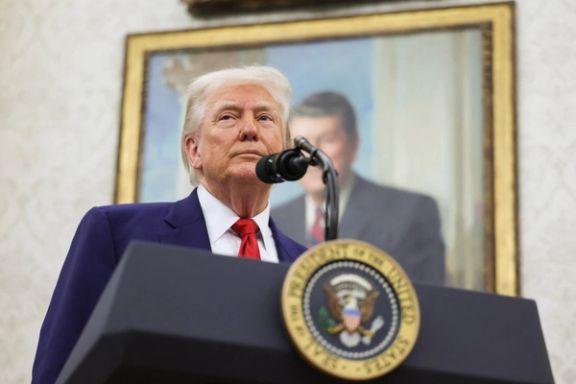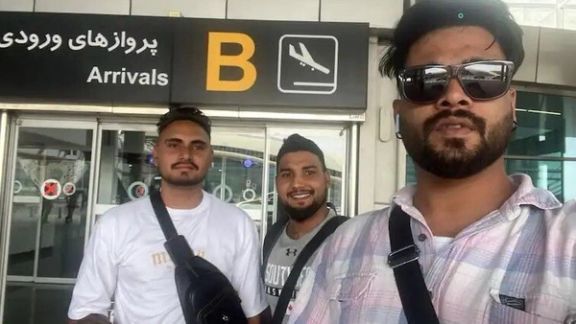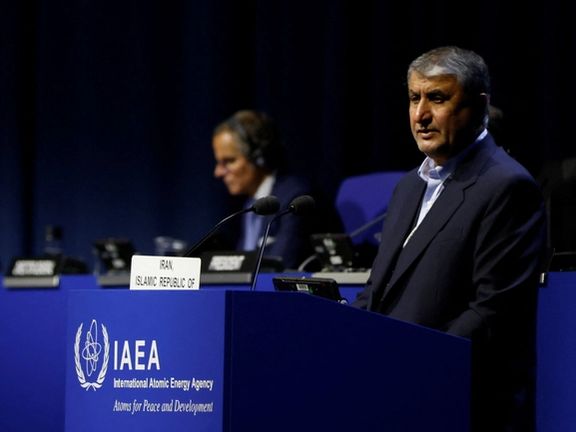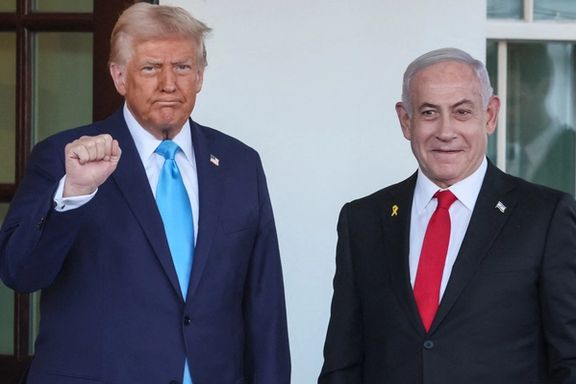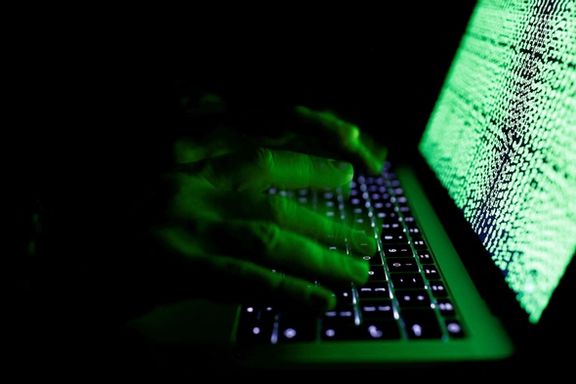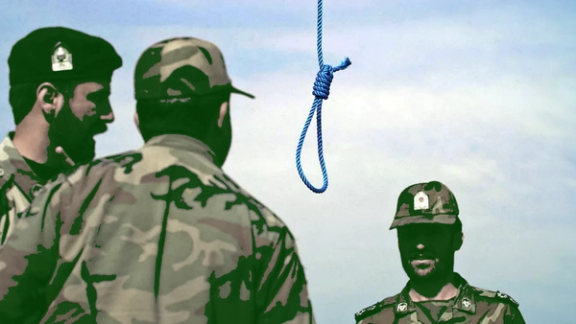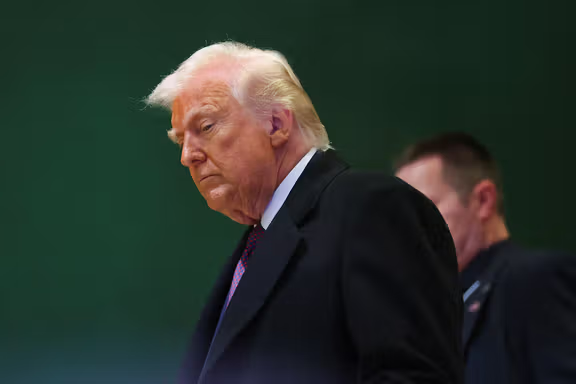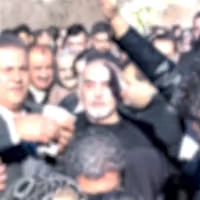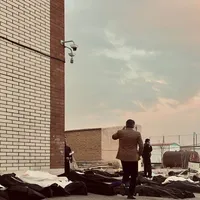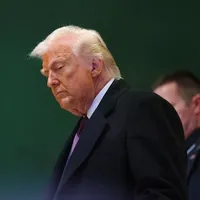“We are very close to a solution,” Trump said on Wednesday. “If we can make a deal, I’d save a lot of lives," adding that Iran appears willing to engage seriously and that they had constructive discussions.
The talks mediated by Oman have entered crunch time with no date and location yet announced for a sixth round.
The United States and Iran are nearing a broad agreement on the future of Tehran’s nuclear program, CNN reported on Wednesday, with talks progressing in recent weeks toward a framework that could be finalized at a future meeting.
Washington and Tehran are considering a potential multinational consortium—possibly including regional partners and the International Atomic Energy Agency—to produce nuclear fuel for Iran’s civilian reactors and may include US investment, CNN reported citing source familiar with the talks.
A White House official, speaking to Fox News, said nothing had yet been agreed on Iran’s nuclear energy program.
Iran denies enrichment freeze proposal
Tehran says its nuclear program is purely peaceful but Western countries and its Mideast adversary Israel doubt its intentions.
Iran says it is keen to reach a nuclear deal but has maintained a right to domestic enrichment despite US demands to shutter it.
Iran on Thursday denied a Reuters report citing two Iranian officials saying they were mulling a proposal to halt uranium enrichment for a year and ship part of its highly enriched stockpile abroad or convert it into fuel plates for civilian nuclear purposes.
“The continuation of enrichment in Iran is a non-negotiable principle,” Foreign Ministry spokesman Esmaeil Baghaei said Wednesday.
The suggestion mulled by Iranian officials, according to the sources cited by Reuters, envisions the disbursement of funds frozen by Washington and the recognition of Tehran's right to enrich uranium for civilian use in return for the pause.
Meant as a political deal that could pave the way for a broader accord, the proposal not yet been floated in the talks, Reuters cited the Iranian sources as saying.
Austria on alleged Iranian nuclear arms ambitions
Austria’s domestic intelligence agency released a report this week saying Iran's program to develop nuclear arms is far advanced, in wording which appeared to outstrip that of its Western counterparts.
"Nuclear weapons are intended to make the regime untouchable and to expand and consolidate its dominance in the Near and Middle East and beyond," the Austrian Federal Office for the Protection of the Constitution said in its annual report.
"The Iranian program for the development of nuclear weapons is far advanced."
The United States has publicly assessed that Iran has not yet decided to build a nuclear weapon but maintains that its nuclear program is aimed at becoming a nuclear threshold state to deter foreign attack.
The Austrian report further alleged that Tehran aims to develop long-range ballistic missiles capable of delivering nuclear warheads, without citing any evidence.
"An arsenal of ballistic missiles is ready to carry nuclear warheads over long distances."
Iran open to US inspectors
In an apparent policy shift, the head of Iran’s Atomic Energy Organization said Tehran may reconsider its longstanding ban on US nuclear inspectors if current talks with Washington lead to a successful agreement.
Mohammad Eslami said American inspectors affiliated with the International Atomic Energy Agency (IAEA) could be allowed into Iranian sites under a future deal, despite current restrictions on personnel from adversary states.
“It is normal that inspectors from hostile countries are not allowed, but if a nuclear deal is reached, we might allow American inspectors,” Eslami said.
Later on Wednesday, IAEA chief Rafael Grossi said any deal between Tehran and Washington that would impose fresh nuclear curbs on Iran should include very robust inspections by the UN nuclear watchdog.
"My impression is that if you have that type of agreement, a solid, very robust inspection by the IAEA ... should be a prerequisite," he said.
"I'm sure it will be, because it would imply a very, very serious commitment on the part of Iran, which must be verified."
US officials have repeatedly said that any new nuclear deal with Iran to replace a lapsed 2015 accord between Tehran and six world powers must include a commitment to halt enrichment, viewed as a potential pathway to developing nuclear bombs.
Iran's stockpile of 60% enriched uranium had increased to 275 kg, enough to theoretically make about half a dozen weapons if Iran further enriches the uranium.
Trump has previously warned that if no agreement is reached, military options remain on the table. “We can blow up a lab,” he said, referring to a hypothetical enforcement scenario under a possible inspection regime, “but nobody’s going to be in the lab.”
Trump, speaking to reporters, also confirmed that he warned Israeli Prime Minister Benjamin Netanyahu not to interfere with ongoing US-Iran negotiations.
The comments followed a New York Times report citing Israeli officials saying the Jewish State was preparing for a potential strike on Iranian nuclear sites even if Tehran and Washington clinch a deal.
